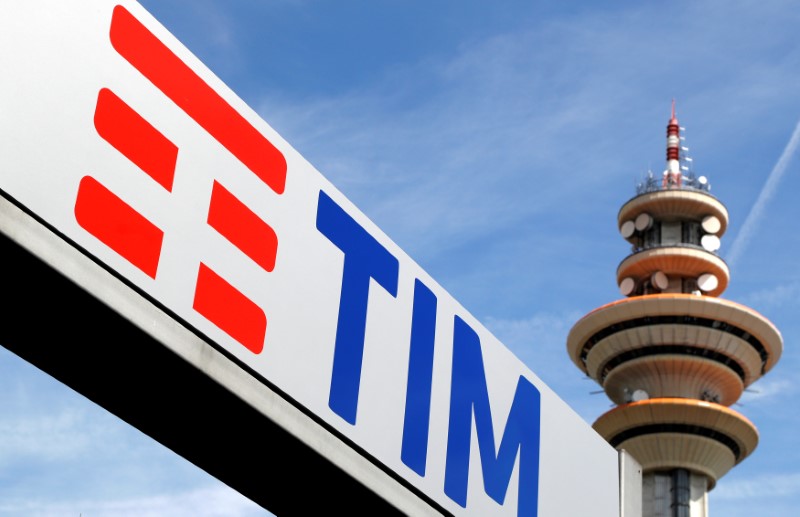By Agnieszka Flak
MILAN (Reuters) - Telecom Italia (MI:TLIT) has picked a former Israeli army captain and Vivendi (PA:VIV) top manager as its new chief executive, betting on him to fend off rising competition in Italy, turn around operations in Brazil and appease politicians in Rome.
Amos Genish was promoted just two months after being named general manager for operations at the Italian phone group, where Vivendi is an increasingly assertive top shareholder with a 24 percent stake.
The choice of the 57-year-old telecoms dealmaker - a former chief convergence officer at Vivendi and a favourite of its chairman Vincent Bollore - comes at a time of growing unease in Rome about the French group's influence over Italy Inc.
As Telecom Italia's (TIM) board met in Rome, Italian government officials discussed a possible fine for Vivendi on the grounds that it failed to notify authorities of its effective control of TIM - a company deemed strategic.
Genish's predecessor, Flavio Cattaneo, left in July after clashing with both Vivendi and the Italian government.
Smoothing the strained relationship between the former state phone monopoly and Rome will be a key priority for the new boss.
"TIM must have a constructive collaboration with the institutions and regulators," Executive Chairman Arnaud de Puyfontaine, who also serves as Vivendi's CEO, said in a statement on Thursday.
In an apparent olive branch to the Rome government, Vivendi left TIM's Deputy Chairman Giuseppe Recchi - an Italian national - responsible for all assets associated with national security and defence, including international wholesale unit Sparkle.
Genish takes the helm as TIM is fighting battles on several fronts: Its fixed-line business is losing value, new competitors are appearing in both broadband and mobile and its only foreign business, Brazil, is grappling with economic malaise.
"The investment case remains complex," Barclays (LON:BARC), which has an 'equal weight' rating on the stock, said in a note.
MILITARY STYLE
Genish's predecessor Cattaneo had launched a drive to cut costs, boost profitability and make Telecom Italia a more nimble competitor. He returned the domestic business to growth and raised investment in broadband and mobile infrastructure.
Still, Genish inherits a company saddled with 25 billion euros ($29 billion) of debt, while the imminent arrival of low-cost French mobile operator Iliad is likely to squeeze margins. Also, rival investments in broadband infrastructure by power firm Enel (MI:ENEI) are undermining TIM's broadband drive.
Barclays said Iliad's entry and Enel's plans created "uncertainties about the revenue trends in 2017 and beyond".
Genish is TIM's third CEO in less than two years, leaving some investors guessing what is Vivendi's ultimate aim for the company: Use it as a pillar of its plan to create a southern European media empire or as an asset to trade in the next wave of mergers in European telecoms.
TIM, whose board also backed "in principle" a joint-venture with Vivendi's pay TV unit Canal+, is regarded as a takeover target because it is smaller than many of its European rivals.
Genish and Vivendi go back years: Genish sold Brazilian telecoms start-up GVT to Vivendi in 2009 and five years later convinced Bolloré to sell it on to Telefonica (MC:TEF), making a capital gain of $4 billion for the French media group.
At Telefónica Brasil, Genish grabbed market share from rivals and turned it into Brazil's most profitable carrier in spite of the worst recession in more than eight decades.

Investors hope Genish, who once described running GVT like "a military operation", will set in motion a similar overhaul at TIM.